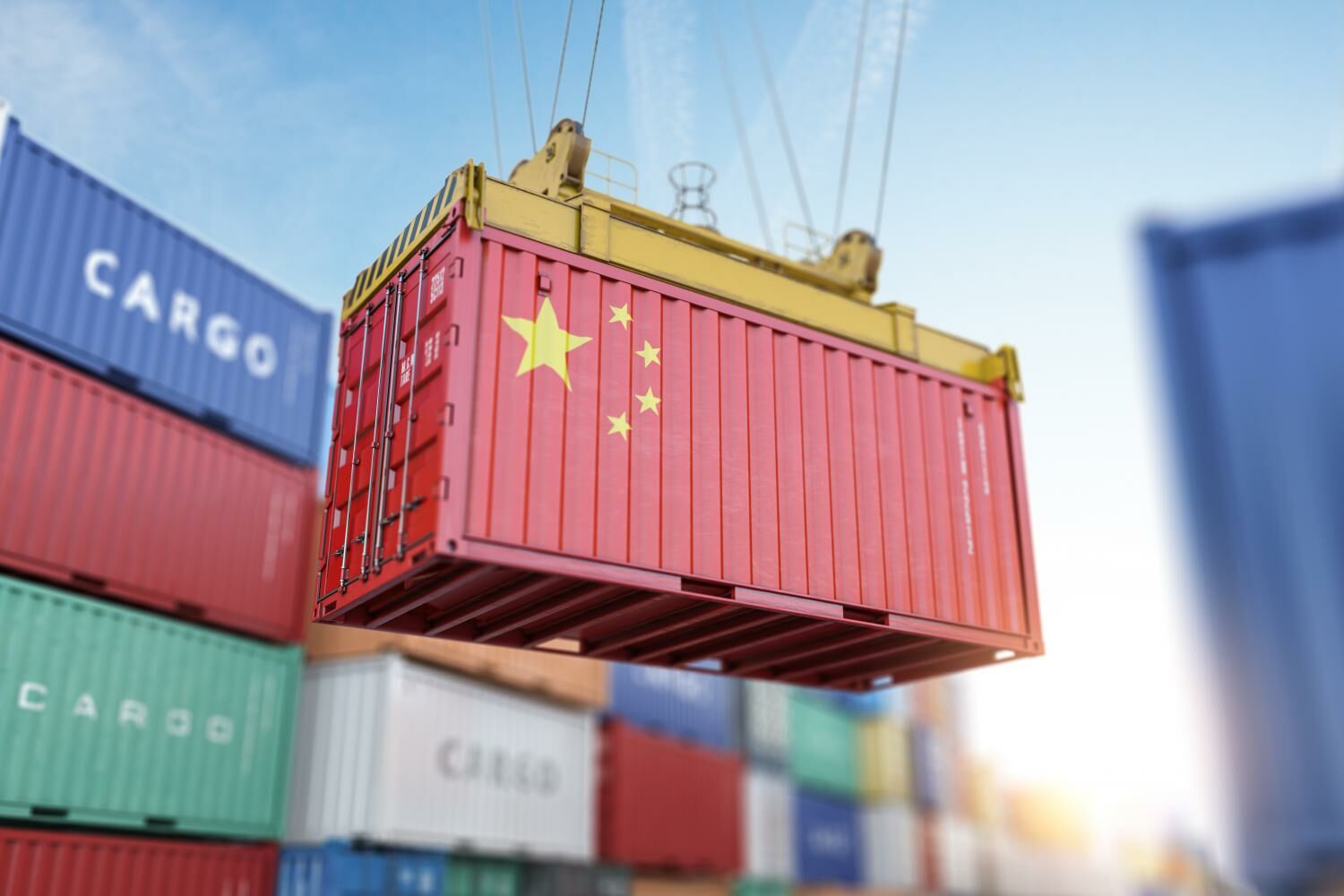Thai PM orders swift action on Chinese goods influx

Prime Minister Srettha Thavisin tasked Commerce Minister Phumtham Wechayachai with fast-tracking measures this month to tackle the surge of Chinese goods into Thailand.
Following the weekly Cabinet meeting held yesterday, August 13, PM Srettha announced that the Commerce Ministry would spearhead efforts to prevent substandard goods from entering the country.
This initiative will be a collaborative effort with the Finance Ministry, the Digital Economy and Society Ministry, the Industry Ministry, the Public Health Ministry, and the Royal Thai Police. The primary aim is to support small Thai businesses in adapting and competing in both offline and online markets, with proposed measures expected by the end of the month.
Government spokesperson Chai Wacharonke highlighted that complaints from small and medium-sized enterprises (SMEs) regarding unfair trade practices by foreign businesses, both online and offline, prompted the prime minister to instruct Phumtham to lead discussions with relevant agencies to establish clear and concrete measures.
“There have been growing complaints from the [Thai] private sector about illegal grey businesses. These businesses have affected SMEs that are impacted by e-commerce, both online and offline. It was found that there has been an unusually high influx of imported goods, with the e-commerce business valued at up to 1.53 trillion baht (US$ 43.8 billion).”
The 62 year old prime minister directed the Commerce Ministry to coordinate efforts to ensure businesses are properly registered and compliant with legal requirements, including business licences. Inspections will be conducted on product standards, involving both the Food and Drug Administration (FDA) and industrial product standards, to protect Thai consumers.
The Consumer Protection Board will coordinate with the FDA, and checks on import licences will ensure import taxes and duties are paid according to the law. Measures will also address factory establishment permits, balancing them with international trade agreements, Chai added.
Chinese goods
The Commerce Ministry is currently evaluating suitable measures and has noted that China has already implemented e-commerce regulations, such as limiting the number of imported items that can be purchased online annually and setting a maximum annual purchase value.
In Thailand, a 7% value-added tax (VAT) is applied to imported goods worth 1 to 1,500 baht, with additional VAT and import duties on items valued between 1,500 to 40,000 baht (US$43 to US$1,140). Items valued above 40,000 baht are taxed according to their product classification.
In a related development, Phumtham posted on his personal Facebook page about the arrival of Temu, a major Chinese platform that sells inexpensive products directly from Chinese manufacturers without intermediaries. He noted that while Temu’s entry presents both opportunities and challenges, it significantly impacts SMEs due to its high competitive potential, reported Bangkok Post.
To prevent the import of substandard or dangerous products and ensure fair competition, the government is considering e-commerce tax measures to ensure international platforms are taxed appropriately and do not harm the Thai economy, Phumtham said.
Latest Thailand News
Follow The Thaiger on Google News:


























